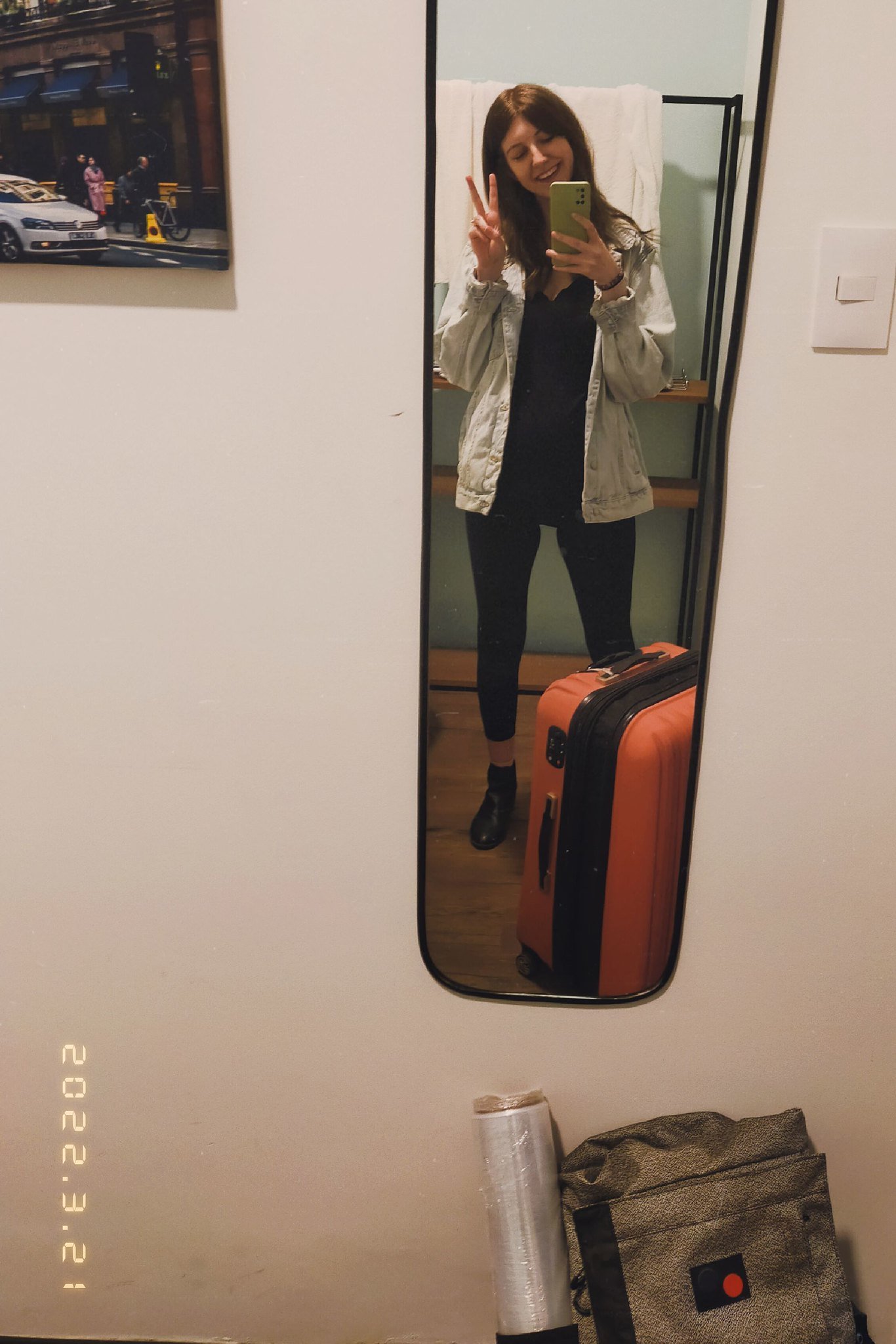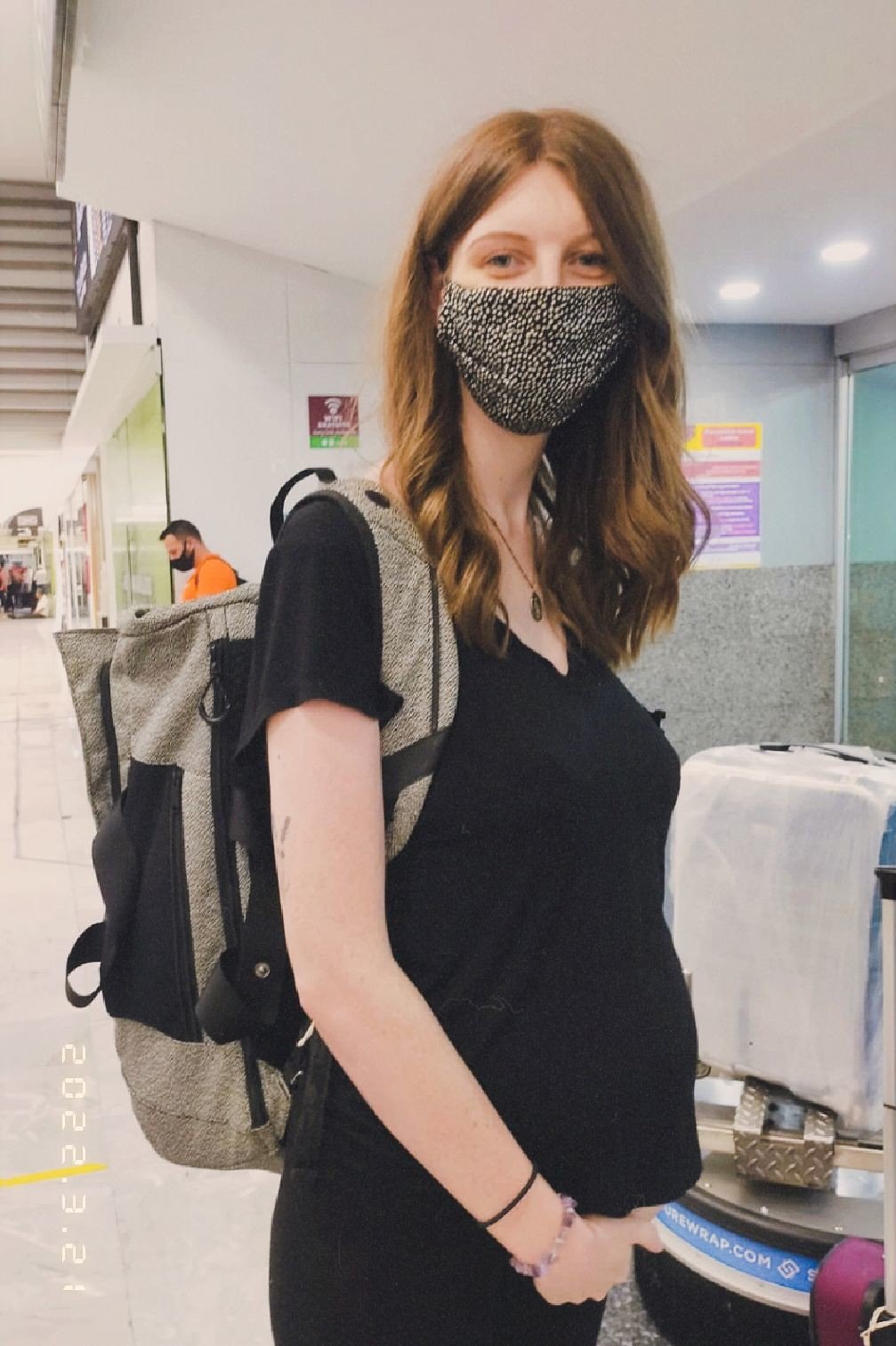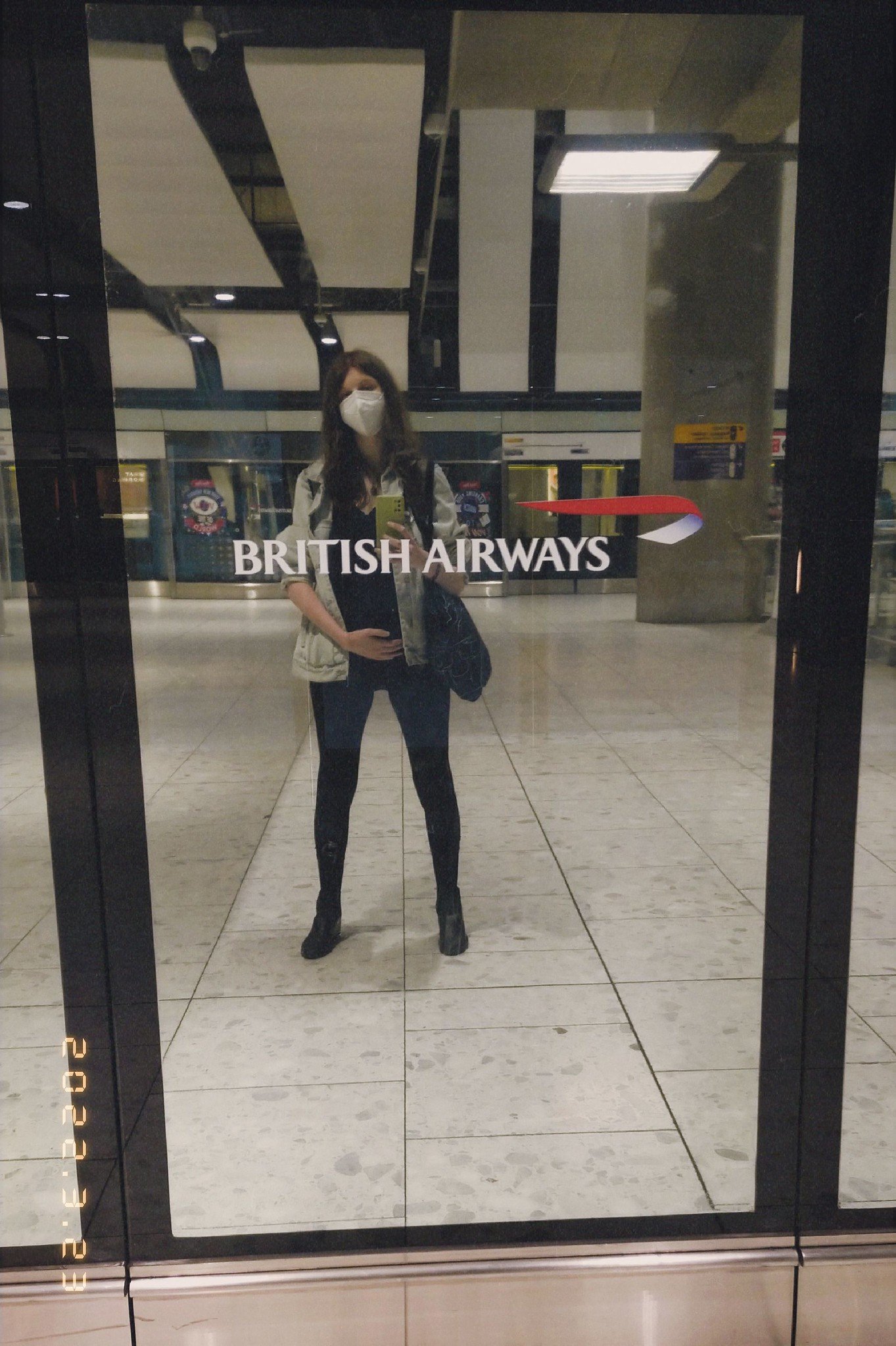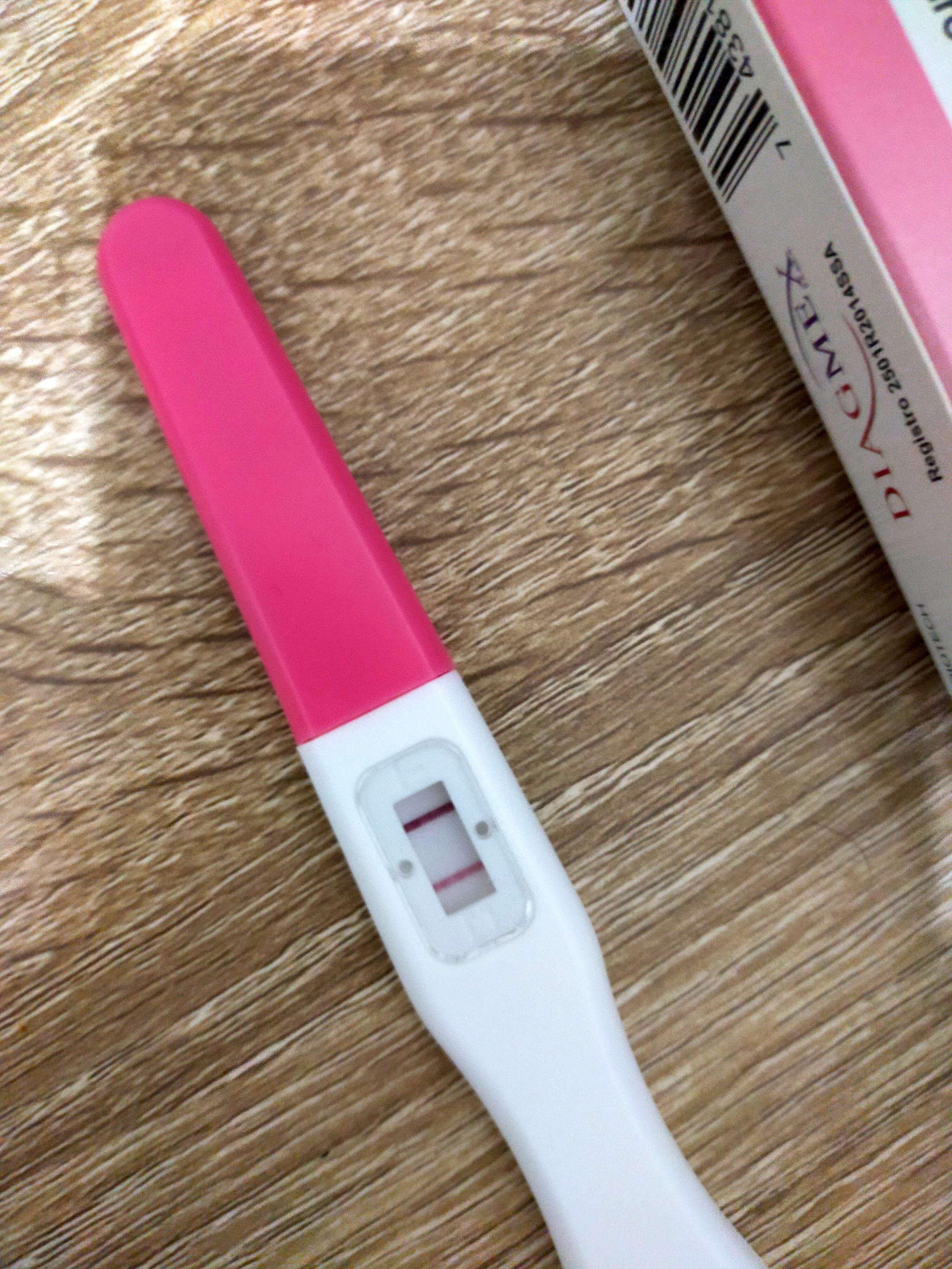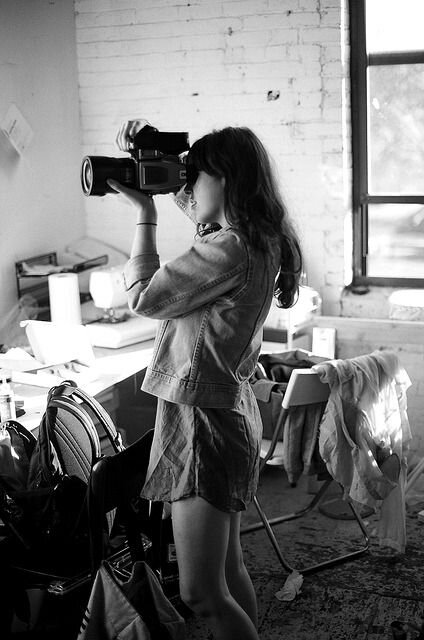I flew alone from Mexico City to London to Aberdeen during my 3rd trimester (28 weeks). That’s almost 12 hours in the air, plus a few more on the ground, with baggage, at 7 months pregnant.
You’ll hear people saying that it’s not safe or you’re not allowed to travel during pregnancy (especially during your 3rd trimester) but that’s not exactly true. There are rules and guidelines to follow though. These are my tips based on my experience.
Don’t leave it too late
Rules vary by airline but in general you will not be allowed to fly after the 36th week (32nd week if you are pregnant with more than one baby) so book as far in advance before that as is suitable for you (in case of delays or cancellations, you don’t want to leave it too close and end up missing the “safety” window). Obviously every pregnancy is different, but (outside of the horror of the first trimester) the further along you are the more physical discomfort you’re likely to experience in terms of backache, heartburn, braxton hicks, etc. so bare that in mind. Long-haul travel (esp in economy) isn’t comfortable at the best of times and waiting until the very last minute might mean extra aches and pains that are bound to make it a bit of a miserable time.
Talk to your OBGYN or midwife before booking
Depending on how far along you are, what airline you’re flying with, and your physical condition you’re likely to require a letter from your health care provider stating whether your pregnancy is single or multiple, your expected due date, and that there are no complications with your pregnancy (or that they deem you safe to fly under your current condition). They’ll also hopefully be able to give you advice on how to stay healthy and comfortable during the flight, for example: wearing compression socks and getting up to walk around regularly to aid blood flow, staying hydrated, and maybe even be able suggest or prescribe pregnancy-safe travel medication if necessary.
Become a member of the airline
This is my biggest tip whether your pregnant or not. I join every membership of every airline I travel with. It’s free, and you’re more likely to get priority for free upgrades, the ability to choose your seat and meal preferences in advance, and collect points for future travel. In general I feel that I get a slightly better service since I’ve become a member, and because I travel back and forth from the UK to Mexico a couple of times per year it’s definitely worth it to get those points and privileges. The best thing for me is getting to choose my meal preferences (I’m vegan), especially when I’m pregnant I can’t afford to go a whole 10 hour flight without eating, so knowing that I’ll get suitable food means I don’t need to worry that the meals on general offer are going to be something I don’t like or can’t eat. Not to mention that “special meals” get served first, so less waiting time. I also have “aisle seat” chosen as my preference because I hate having to squeeze past a stranger every time I want to walk around or use the bathroom which is also extra helpful when you’re pregnant and have a baby using your bladder as a trampoline.
Travel light
Once the airline has flagged that you’re pregnant (esp if you’re quite far along and your bump is showing) they (or some kind stranger) may offer assistance with getting around the airport and carrying your bags, but there’s no guarantee* so be prepared to have to carry or push your baggage around alone. If you’ve got transport lined up or someone dropping you off and picking you up at the airport then checking the majority of your baggage and only taking light hand luggage might be the way to go. I like to feel like I have everything I need with me on the plane, and opted for my old-faithful carry-on backpack as my main luggage. That’s why, even more than usual, I tried to pack as little as possible and only travel with necessities. This time round I was staying in the UK for 5 months, and during that time would be giving birth, so there were things I needed to pack that I wouldn’t normally bring, which meant other things got left behind. I brought a “capsule wardrobe” of clothes that I knew would fit during pregnancy and the first few months after, even if it meant I’d be wearing the same thing over and over again. I stripped back my toiletries to the bare minimum, knowing that I could pick up anything extra like shampoo bars on the other side. And I made the decision to get all my baby stuff once I was in Scotland, and prepared for the flight back to be the one with extra checked baggage, instead of taking everything back and forth twice.
Make yourself as comfortable as possible
You might have heard that airlines will give you an upgrade if you’re dressed very well because they’ll think you’re wealthy or important. I asked my friends who work at check-in desks, who are flight attendants, and even pilots if this is true and every single one of them said no, it’s a lot more to do with if you’re travelling alone, if you’re a member, if you’re nice to the staff, if they need to redistribute weight on the plane, and if there are spare seats. So now I really don’t try to look a certain way when I travel because I know it doesn’t matter and comfort is way more important. I have a go-to plane outfit that consists of soft bamboo clothing, a big blanket scarf, compression socks, and slip-on shoes. Do I look good? No, probably not. Do I care? Also no.
*Be prepared not to get special treatment
As I said earlier, someone might offer to help, but they might not. So it’s important to be prepared to do do every stage alone if necessary. This was probably the biggest mistake I made - thinking other passengers and people in the airport would help me out, because they didn’t. For the most part, it’s fine, I have travelled frequently enough that I’m capable of taking care of myself. But when I reached the boarding gate I waddled along looking for a somewhere to sit and wait, saw that there was no space, and had to walk right back to the front. Not one person offered me their seat and I had to stand next to the boarding desk, with my bag on my back, for 30 minutes waiting to be allowed to board. Even once I did board, no-one offered to help lift my luggage into the overhead compartment, and when we landed I needed to ask someone to get it down for me. Again, no big deal, but even when I travelled no-pregnant someone would usually offer help with bags, so I was a little surprised. I think if I’d gone into it with a different mindset I wouldn’t have been so disappointed and annoyed by the other passengers attitudes.
It might feel daunting or scary to fly pregnant, long distance, or alone, especially if it’s the first time. Often we imagine all the worst case scenarios of all the things that could possibly go wrong. The truth is that airlines and flight attendants do not want anything bad to happen to you while you’re in their care, that’s bad for business, especially in the age of social media. They are trained in how to handle any number of emergencies, including pregnancy related ones, so personally I just focus on getting myself to and from the boarding gate, and trust that they’ll take care of the rest.
